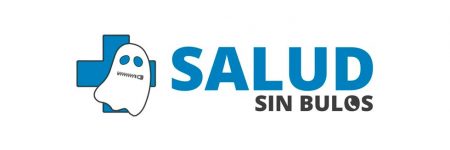Since Craig Venter published the sequencing of the human genome in 2001, detection techniques have improved and become cheaper at a geometric rate, almost as much as the hoaxes about it. If someone had wanted to sequence his genome that year, they would have had to pay $100 million. 18 years later it only costs €1,000. At the turn of the millennium, the headlines about the genome sounded like something out of a science fiction novel: it seemed that we had arrived at a new era of medicine, in which we would know all our genetic risks and would allow us to access à la carte treatments. The reality has been very different: we still do not know more than a small part of the genetic risks and precision medicine still has to wait on many occasions.
Following those sensationalist headlines, it didn’t take long for companies to appear offering to sequence DNA, at increasingly lower prices. In a short time, the so-called genetic tests began to become fashionable to predict food intolerances. They seemed to be the solution to lose weight and prevent allergies.
Misinformation was also starting to spread. With more companies offering genetic tests, with the low visibility of experts in genomics and with a general ignorance of the population about what these tests included, we had the breeding ground for the growth of hoaxes on the genome.
That confusion remains to this day. From web pages hosted in the United States, genetic tests are offered at ridiculous prices, few genes analyzed, and without any scientific validity, while the successors of Craig Venter insist on continuing to offer complete DNA sequences without it being necessary to analyze more than a few genes.
In fact, it has been proven that it is enough to analyze the exome, between 1% and 3% of the genome, to interpret the risk of diseases of genetic origin whose genes we know.
The problem for the citizen is that it is difficult for them to distinguish which companies are making ethical measurements, according to present knowledge, and which ones promise results that they cannot deliver, and they often mistrust all of them. Even many health professionals find it difficult to know who follows scientific and ethical criteria and who does not.
That is why it is necessary to give a voice to experts in genomic medicine so that patients and healthcare professionals can distinguish good practices from those that are not. Coordinated actions are also required among all health agents: professionals, patients, managers, providers, so that when misinformation is detected we can all act at the same time.
From #SaludsinBulos one of our objectives is to contribute to the visibility and connection between specialists and centers with good practices and point out those who do not comply. For this we mobilize the communities interested in social networks in health and we manage to rectify tabloid headlines and educate the population in reliable sources. Genomics can help many people. We cannot let hoaxes prevent it.
Carlos Mateos, coordinator of #SaludsinBulos and director of the COM Salud agency
Carlos Mateos
Promoter of digital health through comsalud.com and aiesalud.com 30 years of experience in health communication for laboratories, scientific societies, patient associations, clinics and companies related to health in general. Director of COM SALUD, PR agency specialized in Health, Expertise in eHealth PR
